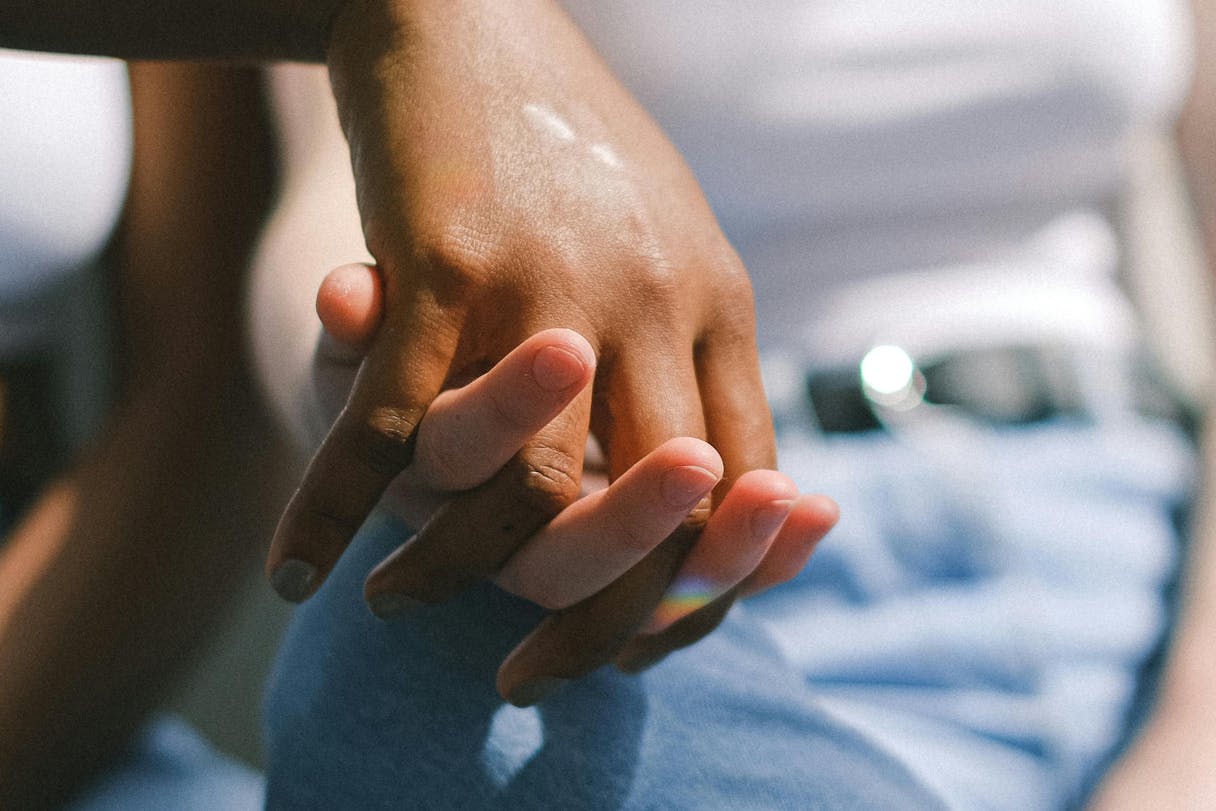After more than a year of the Covid-19 pandemic, we’re starting to see the light at the end of the tunnel. With vaccination rollouts and cases dropping in many regions, some states are creating guidelines for re-opening. We’re not entirely there yet, though we have more reasons to hope.
Regardless of when things open up, after having been at home for over a year, spending time in closer proximity to others can be anxiety-provoking.
Are you experiencing anxiety about reintegrating and re-establishing normalcy? If you are, please know that you aren’t alone. We’ve all developed our own levels of comfort at home, and putting ourselves back out there can be hard.
To help, we’ve put together some thoughts on reintegrating smoothly, signs of reintegration anxiety, and ways to cope with the distress that may come up along the way.
Tips for a Smooth Reintegration
Know your boundaries & comfort levels
Look up your local Covid guidelines and consider your personal boundaries and comfort levels doing those activities. What do you feel comfortable doing right now? What would you like to feel comfortable doing in the future? What steps do you need to take to get there?
Lean on your support system
A lot of people are experiencing the same fears and anxieties over getting back out into the world. Be open with your support system about how you’re feeling. Let them know how they can best support you right now. Do you need a listening ear, a buddy for social outings, someone to decompress with, or advice?
Connect with like-minded communities
Find ways to meet new people in a setting that feels comfortable for you. Starting online is a safe and great way to get back into the swing of things. You might like an online community built on interests that you share, like reading or community events.
Meeting new people online can start getting you comfortable with these conversations. It can also prepare you for meeting new people in-person.
Get outside, if you can
Once you’re comfortable, and if your local restrictions allow, start to find things to do outside. We suggest starting off with outdoor activities like barbecues, or small gatherings in backyards or patios. Connect with people who share your personal levels of comfort.
Ease into the new guidelines
Let yourself ease into the new guidelines. Don’t feel pressure to jump in if you don’t feel ready. Start with outdoor dining before considering indoor dining. Meet up for games at the park before indoor meetups. Try out an outdoor class before going to the gym. Notice how these activities feel, and measure your levels of enjoyment and personal comfort as you ease in.
Maintain your self-care
Self-care is incredibly important during this transition. Set aside time to decompress after a new activity or to prepare yourself prior to one. Write down some activities that help you take care of your mind, body, and spirit (like reading, journaling, meditating, going for a walk, practicing relaxation techniques…).
Listen to your needs and give yourself grace. Most importantly, give yourself time to take care of your needs and reflect on how you’re doing through the process.
Stay aware of yourself
As you reintegrate, it’s very important to stay aware of your emotional and physical health. Take note of how you feel before and after new activities. Have a daily check-in with your body to make sure you feel healthy and strong. If you develop signs of sickness or emotional distress, ask yourself what you need.
If you notice signs of sickness, stay at home and find a Covid-19 testing site near you to keep yourself and others safe. If you notice emotional distress, reach out to your support system or your Cerebral care team.
Common Signs of Distress
After so much time isolating, putting ourselves back out there can cause anxiety and emotional distress.
Keep an eye out for these signs:
- difficulty concentrating and making decisions
- excessive worrying and overthinking
- withdrawing into yourself and wanting to spend more time alone than usual
- feeling helpless, hopeless, or worthless
- changes in appetite and sleep patterns
- increased substance use, such as alcohol or other drugs
Tips for Coping with Anxiety
Nourish your body and mind
Eating healthy and staying active can have a huge impact on our mental health. Make time to eat healthy meals and notice how eating healthily impacts your energy levels and general wellbeing.
Make time for exercise, whether a walk or a workout, and let your body release stress through movement. Avoid substances that can cloud your judgment and numb your emotions.
Stay in tune with your body and mind so you can best take care of yourself and process these experiences.
Practice relaxation techniques
Make as much time as you need to practice relaxation techniques (even just one minute can be helpful). Practice deep breathing exercises to help ease anxiety and lower your heart rate. Try out some grounding techniques to get you feeling more in tune with your space and your body.
Reach out to your Cerebral therapist for more relaxation techniques. They can walk you through new practices to try on your own.
Limit news intake and social media usage
Staying informed on Covid-19 is important, but limit yourself to reliable sources and official updates. Set specific times to get the news so you don’t feel like you’re missing information.
Social media can be overwhelming with its plethora of opinions, viewpoints, and unlimited content. Take long and regular breaks from all that scrolling. Do other enjoyable activities, and set limits for yourself when checking social media and the news.
Reach out to your support system
We’ve all had to get inventive in how we maintain and foster relationships during the lockdown. Make sure to share how you’re feeling with a friend or family member. Find ways to do activities you enjoy with your support system in a way that feels safe for you.
Bring back Zoom game night from early quarantine if that was enjoyable to you. Reach out to a friend you haven’t spoken to in a while to see how their experience has been this past year. Other people are likely experiencing the same feelings that you are about reintegration.
Let your Cerebral care team know
We’re here to help! Let your Cerebral therapist know how you’re feeling. Your care team is here to support you through the process. They can also give you helpful tools and techniques to help ease the anxiety, and take care of your emotional wellbeing. We’ll help get you through the process!

Relationship Anxiety: Understand the Signs and Ways to Cope

Anxiety and Memory Loss

Experts Recommend Anxiety Screening for Those 19-65

Call 911 if you’re having a
mental health emergency
Text Home to 741-741 if you're in emotional
distress and need immediate support
Call or text 988 Suicide &
Crisis Lifeline. Chat service
is available at 988lifeline.org.